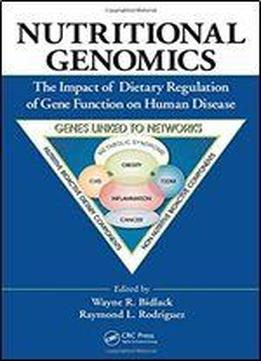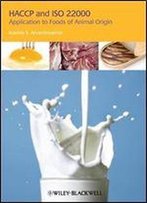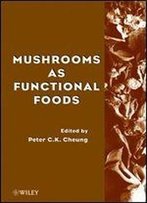
Nutritional Genomics: The Impact Of Dietary Regulation Of Gene Function On Human Disease
by Wayne R. Bidlack /
2011 / English / PDF
21.6 MB Download
The notion of matching diet with an individuals genetic makeup is transforming the way the public views nutrition as a means of managing health and preventing disease. To fulfill the promise of nutritional genomics, researchers are beginning to reconcile the diverse properties of dietary factors with our current knowledge of genome structure and gene function. What is emerging is a complex system of interactions that make the human genome exquisitely sensitive to our nutritional environment. Nutritional Genomics: The Impact of Dietary Regulation of Gene Function on Human Disease provides an integrated view of how genomic and epigenetic processes modulate the impact of dietary factors on health. Written as a resource for researchers, nutrition educators, and policy makers, this book contains the latest scientific findings on the mechanisms of action underlying diet-genome interactions. It presents a unique perspective on the fundamentals of nutritional genomics from genomics, transcriptomics, proteomics, and metabolomics. Contributing authors introduce the important areas of cell signaling and transduction, the intricate regulation of gene expression, and alteration of gene-linked chronic diseases, such as obesity-induced inflammation, insulin resistance, metabolic syndrome, cardiovascular disease, and cancer. The authors detail significant areas of interest within nutritional genomicsincluding plant-based foods as epigenetic modifiers of gene function and the effects of bioactive phytochemicals on inherited genotype and expressed phenotypes. They also discuss the role of vitamin D in various cancer risks and the gastrointestinal tract as a defense system. Given the key role played by agriculture and the food industry to produce foods to meet personalized health needs, the book also addresses agricultural breeding efforts to enhance nutritional value and the use of technology to increase bioactive ingredients in the food supply. The final chapters discuss manufacturing practices and novel processing techniques for retention of nutrients and bioactive components, as well as the need for regulatory oversight and proper labeling to establish assurance of safety and benefit. An excellent resource for this exciting field, the book identifies future directions for research and opportunities for improving global health and wellness by preventing, delaying, or mitigating chronic diseases with diet.











